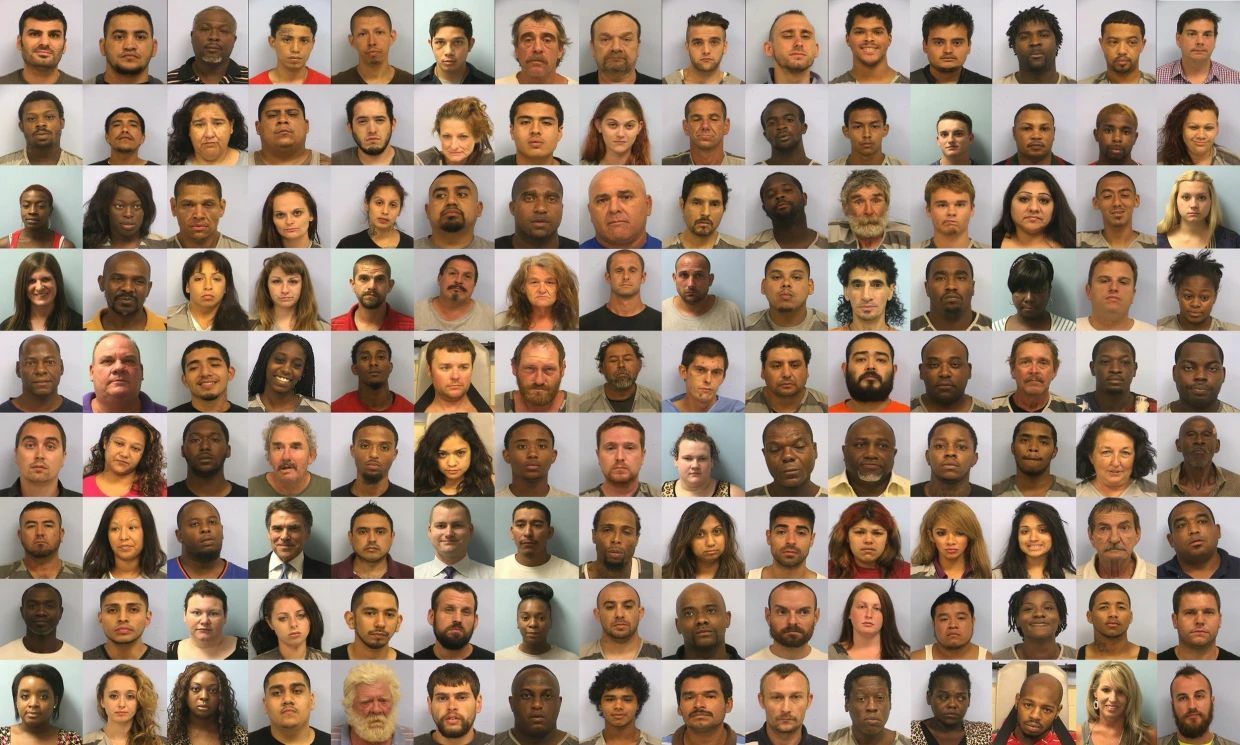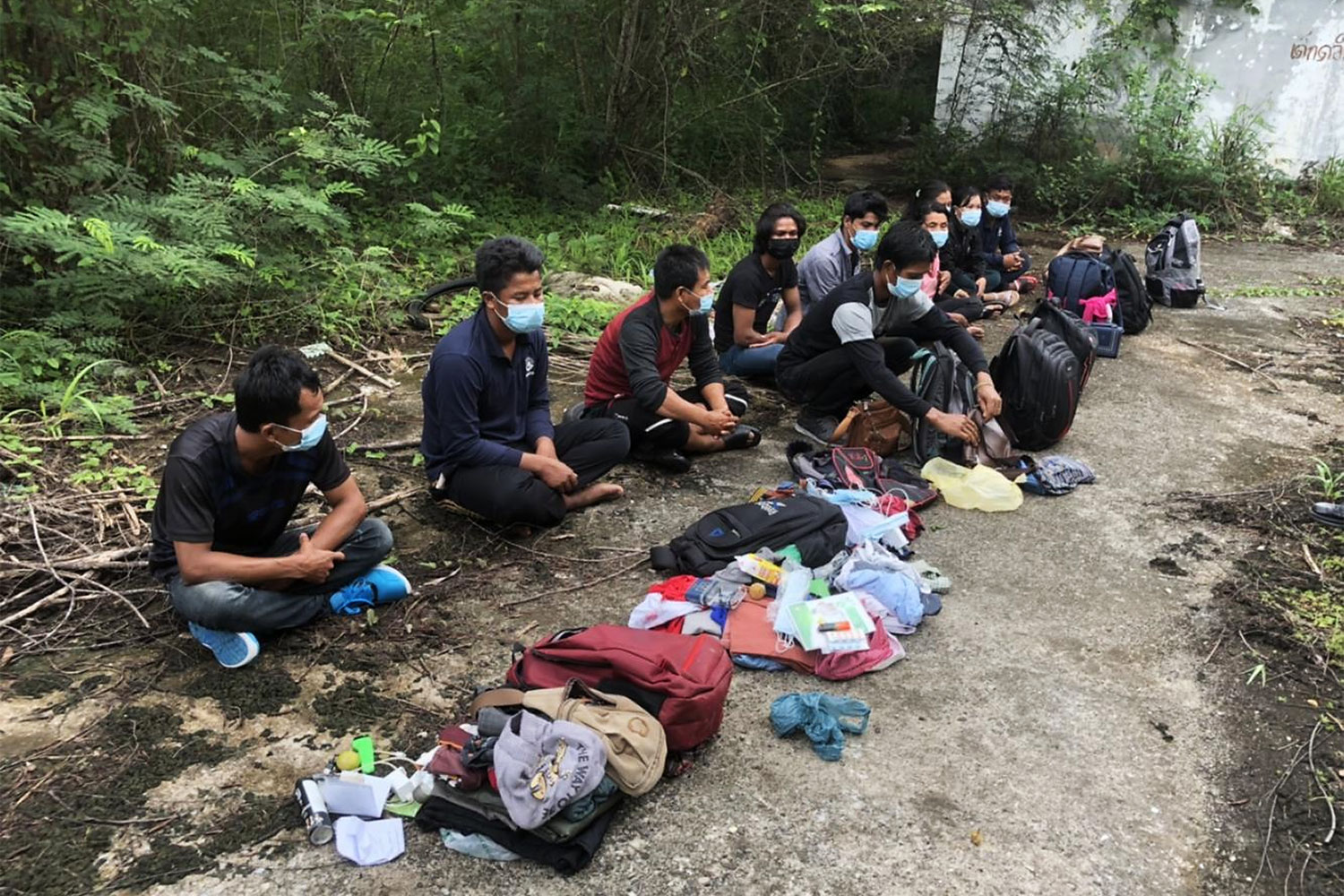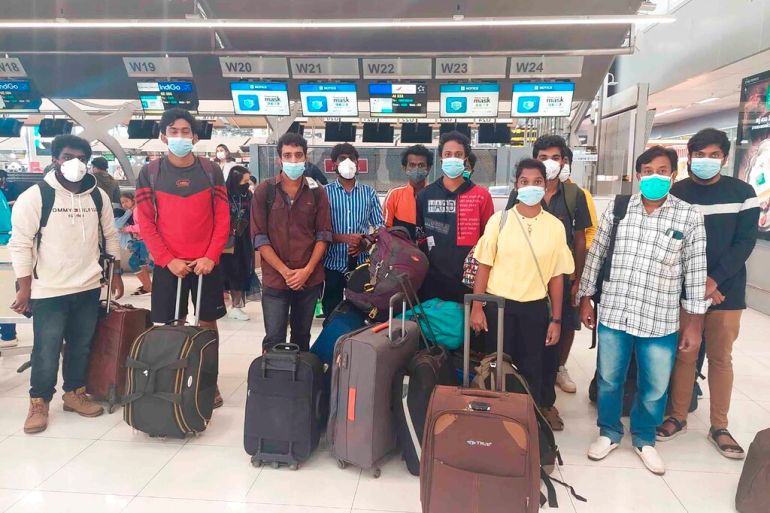ASEAN to rescue trafficking victims from Chinese gangs
Thailand is both a key destination and major source human trafficking victims

Thailand is a key destination country for migrant workers, human trafficking, and forced labour. Many IT jobseekers who end up in Thailand look to ASEAN to rescue trafficking victims recruited by Chinese gangs as slaves in cybercrime factories.
ASEAN is now to help rescue these trafficking victims reeled in with promises of high-paying jobs overseas which turn out to be working in a sweatshop, selling investments, or romance scams.
Thousands of victims

Southeast Asian nations are failing to protect people from being trafficked into scam networks, according to the SCMP. Campaigners in Thailand, Malaysia, and Indonesia have lodged complaints with ASEAN’s Intergovernmental Commission on Human Rights, as “no nation can solve the issue alone.”
Activists are demanding swift action from ASEAN to rescue victims of syndicates running multimillion-dollar criminal enterprises inside the bloc. To regain their freedom victims must pay several thousand dollar ransoms. or attempt escapes from prison-style compounds protected by armed guards and razor wire.
Maya Linstrum-Newman of Bangkok’s Global Alliance against Traffic in Women (GAATW) said…
“We are talking about potentially thousands of victims, from every single ASEAN country. The situation cannot be solved by one country alone.
“We need ASEAN to come together and take decisive action.”
Well-educated, computer-literate

All ASEAN member nations, except Brunei, were named in the complaint, which was made alongside civil society organisations Tenaganita in Malaysia, and Migrant Care in Indonesia and submitted on February 10.
The scam networks are dominated by Chinese gangs who transformed empty casinos into houses for massive fraud operations early in the pandemic. Lurid revelations of violence and rape in compounds forced many networks to move to remote border areas near Thailand.
Others have moved to special economic zones in Laos or rebel-controlled areas of Myanmar, beyond the reach of ASEAN to rescue a trafficking victim. This is where some of the most egregious allegations of abuse have emerged.
Despite widespread publicity over the scammers’ tactics, security experts say sophisticated, layered fraud schemes are still highly active.
These trafficking victims tend to be well-educated, computer-literate, and speak at least one regional language, on top of English or Mandarin. This means they are not stereotypical trafficking victims, perhaps one of the reasons why the authorities have failed to protect them on such an enormous scale.
The complaint said countries are failing to investigate reports of nationals held by traffickers nor taking action to obtain their release. Instead, they wait for victims’ families to act. This contravenes the ASEAN 2015 Convention Against Trafficking.
ASEAN to rescue trafficking victims to face prosecution
To add more injury to injury, victims often face prosecution when they get home for taking part in the online fraud. In Thailand, about 70% of repatriated victims have been prosecuted. It is fair to say, however, that not all workers in the schemes have been trafficked under false pretences. Many were all-too willing participants, fully aware of where they were going and why they became “homesick” when the reality of their situation became clear.
If ASEAN is to rescue trafficking victims, the AICHR, made up of 10 human rights commissioners appointed by their respective governments, will be critical to the effort. As an intergovernmental consultative body, it does not have any official compliance or enforcement powers.
Latest Thailand News
Follow The Thaiger on Google News:




























